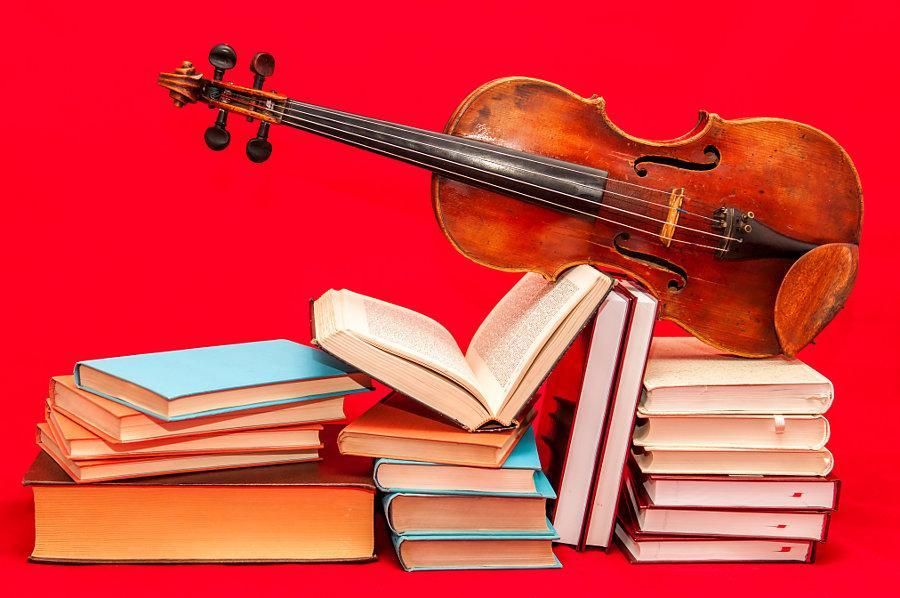For a number of years, researchers and scientists have found that people who learn an instrument also do very well in academics as well and in areas such as attention skills, reading, vocabulary and non-verbal reasoning.
However, the only question that remains is why these students enjoy such an advantage.
For this, Nina Kraus, a director at the Auditory Neuroscience Lab, is studying how music works with the brain’s plasticity or adaptiveness so as to help students become better readers as well as students too, regardless of socioeconomic status.
This advantage until now has been difficult to study since most music classes are one-on-one and available to students of a high socioeconomic status. So, it has been difficult to find out whether it was the music that affected their ability to study better or some other unrelated factor.
However, despite this doubt, Kraus is certain of music’s benefit to one’s academics. She believes that even though reading is not an auditory activity (while music and language skills depend on auditory processing), the need to map speech sounds from incoming auditory input to orthographic representations plays a key role so as to read better.
In fact, a number of children who have language and learning impairments tend to perform much better when they receive music training of music-based interventions.
To prove whether this work with high school children, Kraus and her colleagues split a group of students from an inner-city Chicago school by placing one half in a music training program while the other half was in a Junior Reserve Officer’s Training Course.
After two years, it was found that the students in the former group were quicker to respond to speech-in-noise stimulus that also proved that their brains had adapted and improved. Without a doubt, the music training program had made a difference!
